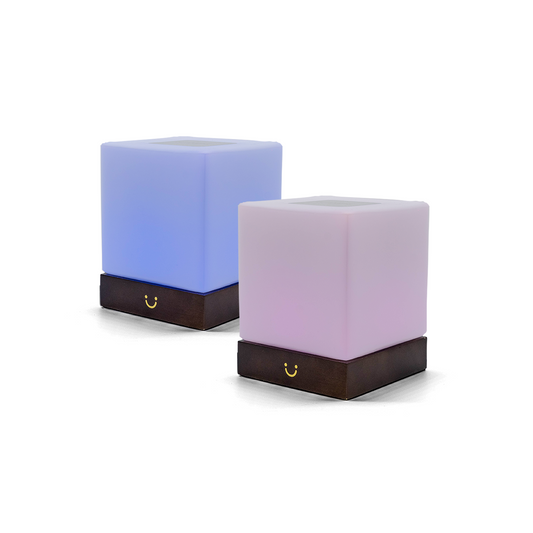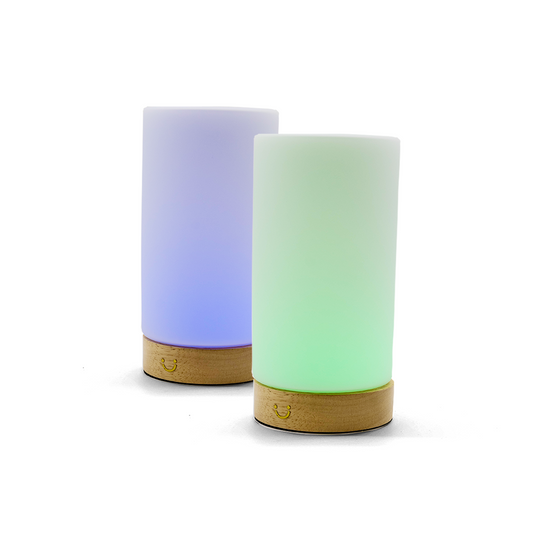- Be prepared for travel delays and last-minute flight disruptions: Plan your travel well in advance but be ready to wing it. Make sure you check with the local authorities regarding exit requirements; this includes countries of transit. Keep checking with your travel agent for updated information because flight availability is extremely volatile at this point in time.
- Don't travel if you don't have to: Consider all options before returning to Australia. The COVID-19 threat is still very much a clear and present danger. If you can remain safe where you are and have the option to stay longer, use it.
- Get ready for a two-week quarantine: You may be subjected to a mandatory quarantine period of 14 days depending on where you're returning to Australia from. Inter-state restrictions may also apply on arrival, so make sure you can make it all the way home if you decide to make the trip back to Australia from another country.
- Know the rules regarding travel exemptions: Non-citizens who are immediate family members or New Zealand citizens living in Australia can apply to return to Australia but there is a window of 3 months to 4 weeks prior to the date of travel during which your application must be submitted. In addition, you should be aware of the quarantine requirements and other restrictions upon arrival.
- Make alternative arrangements if your trip falls through: In this unpredictable environment, always have a Plan B in place in case your original travel plans do not materialize. Flights may be canceled, transit points might close on short notice, and other hindrances may affect your safe return to Australia. As such, ensure you have other options to fall back on, should anything untoward happen.

Returning to Australia during the Pandemic? 5 Things You Should Know
The COVID-19 pandemic is already seeing second waves across the globe. In Australia, specifically, there were 363 new cases of infection reported on Sunday, July 19, 2020, in Victoria. Mask-wearing has become mandatory, per Victoria Premier Daniel Andrews, who also confirmed that 300,000 of the 3 million masks ordered by the state government are due to arrive within the week. As such, there's still a blanket ban on travel from and to Australia except for citizens, residents, and immediate family members. If you are eligible and are looking at returning to Australia during the pandemic-triggered border shutdown, there are certain things for you to be aware of.




